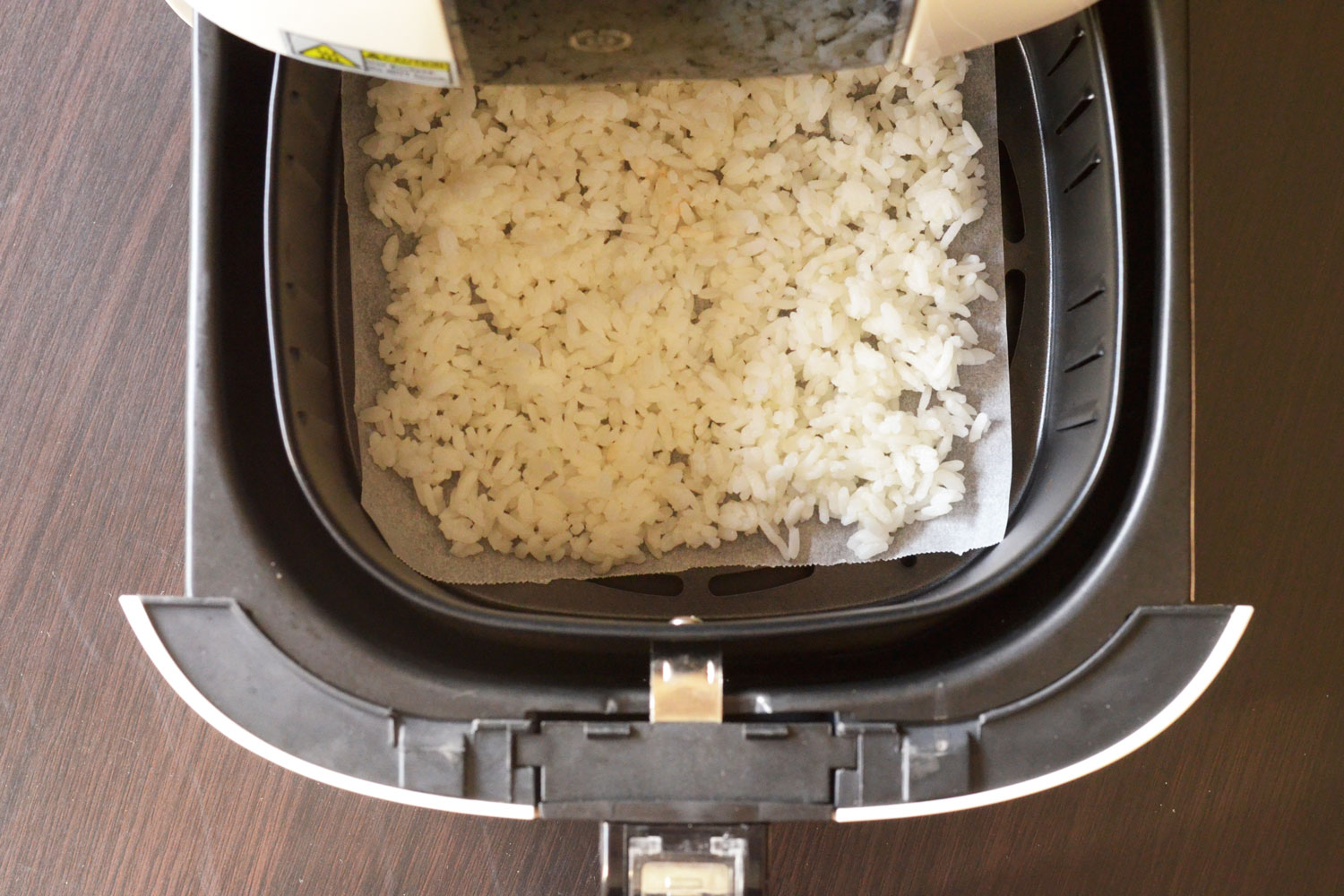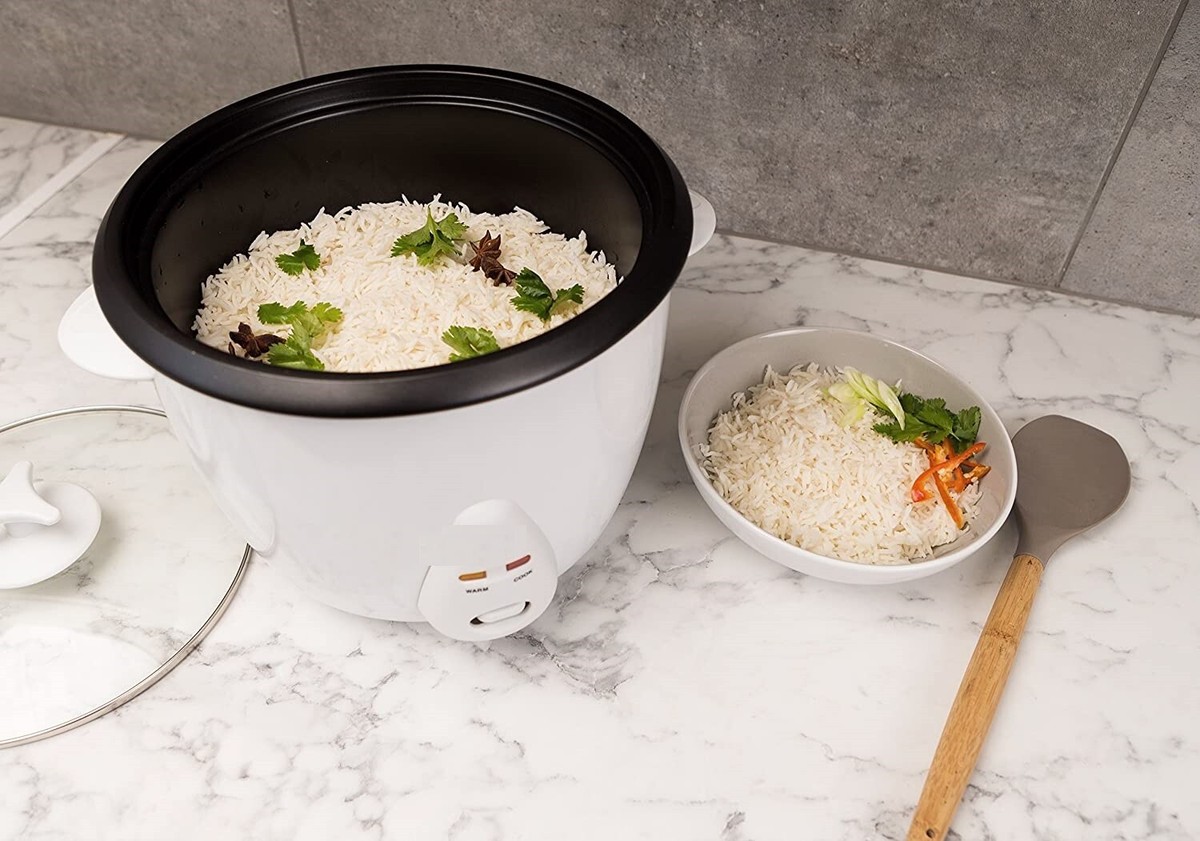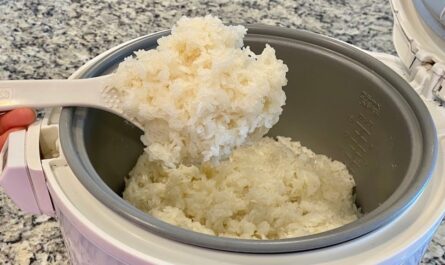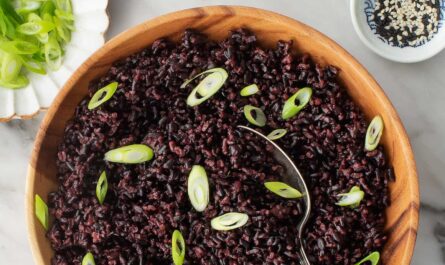Are you tired of your rice cooker keeps boiling over and creating a mess in your kitchen? You’re not alone. Many people face this common issue, especially sushi lovers who rely on perfectly cooked rice for their delightful dishes. In this article, we’ll explore why rice cookers boil over and share some effective solutions to keep your kitchen clean and your rice perfectly cooked.

Understanding the Problem: Why Does the Rice Cooker Boil Over?
The first step in solving the problem of a rice cooker keeps boiling over is understanding why it happens. Several factors can contribute to this issue, and addressing them can help you prevent it in the future.
1. Too Much Water
One of the most common reasons for a rice cooker boiling over is using too much water. When there’s excess water, the rice cooker can’t absorb it all, leading to overflow. Following the correct rice-to-water ratio is crucial to avoid this situation.
2. Low-Quality Rice
Using low-quality rice can also contribute to the problem. Poor quality rice may contain more starch, which creates more foam when cooking. Choosing high-quality rice is essential for both taste and preventing boil overs.
3. Lack of Rinsing
Rinsing rice before cooking is a crucial step that many people skip. Not rinsing the rice properly can leave excess starch on the grains, leading to foaming and boiling over. Rinse your rice thoroughly until the water runs clear.
Preventing the Boil Over: Practical Tips
4. Use the Right Rice-to-Water Ratio
To prevent your rice cooker from boiling over, it’s essential to use the correct rice-to-water ratio. For most types of rice, a standard ratio is one part rice to two parts water. However, this can vary based on the type of rice you’re using, so always check the packaging for specific instructions.
5. Rinse Your Rice Thoroughly
Rinsing your rice thoroughly before cooking can significantly reduce the chances of boiling over. This step removes excess starch, which is a primary cause of foaming.
6. Consider Adding Oil or Vinegar
Adding a small amount of oil or vinegar to the rice cooker can help reduce foaming. A teaspoon of oil or vinegar can do wonders in preventing your rice cooker from boiling over.
7. Avoid Overfilling the Cooker
Ensure you’re not overfilling your rice cooker. Follow the manufacturer’s instructions regarding the maximum capacity of your cooker. Overfilling can lead to spills and boil overs.
Choosing the Right Rice Cooker
If you’ve tried all the tips above and your rice cooker keeps boiling over, it might be time to consider a new rice cooker. The right rice cooker can make a significant difference in your cooking experience.
8. Look for Advanced Features
Modern rice cookers come with advanced features that can help prevent boiling over. Look for cookers with foam-reducing technology or those with separate compartments for rice and water.
9. Investing in a High-Quality Cooker
Sometimes, investing in a high-quality rice cooker can save you a lot of trouble. High-quality cookers are designed to handle various rice types and prevent common issues like boiling over.
10. Consider the Size of the Cooker
The size of your rice cooker should match your needs. If you’re cooking for a large family, a larger cooker is appropriate. However, for smaller households, a compact cooker might be a better choice. For more information on choosing the right size, check out this size guide.
Cleaning and Maintenance
Regular cleaning and maintenance of your rice cooker are essential in preventing boil overs and ensuring its longevity.
11. Cleaning the Cooker Regularly
After each use, clean your rice cooker thoroughly. This prevents any leftover starch from causing issues in future cooking sessions. For tips on removing stubborn stains, visit our cleaning guide.
12. Regular Maintenance
Regular maintenance involves checking the seals, lids, and other components of your rice cooker. Ensure everything is in good working order to prevent leaks or boil overs.
When to Seek Professional Help
If your rice cooker keeps boiling over despite following all these tips, it might be a sign of a more significant problem. In such cases, seeking professional help is advisable.
13. Contacting Customer Support
If your rice cooker is still under warranty, consider contacting customer support for assistance. They might offer solutions or replacements if the issue is due to a defect.
14. Professional Repair
If your rice cooker is out of warranty, consider taking it to a professional repair service. They can diagnose and fix any underlying issues that might be causing the boil over.
15. Consider Replacing the Cooker
Sometimes, replacing your rice cooker is the best solution. If it’s old and causing frequent problems, investing in a new one can save you time and frustration in the long run. For more information on when to replace your cooker, visit our replacement guide.

FAQs
Why does my rice cooker boil over?
Boiling over can be caused by too much water, low-quality rice, or not rinsing the rice thoroughly. Make sure to follow the correct rice-to-water ratio and rinse your rice before cooking.
Can I add oil to my rice cooker?
Yes, adding a small amount of oil can help reduce foaming and prevent boiling over.
When should I replace my rice cooker?
If your rice cooker frequently boils over, leaks, or has other issues, it might be time to consider a replacement. Check out our replacement guide for more details.
For more information on rice cookers and their features, you can visit this external guide.
This article contains affiliate links. We may earn a commission at no extra cost to you.




